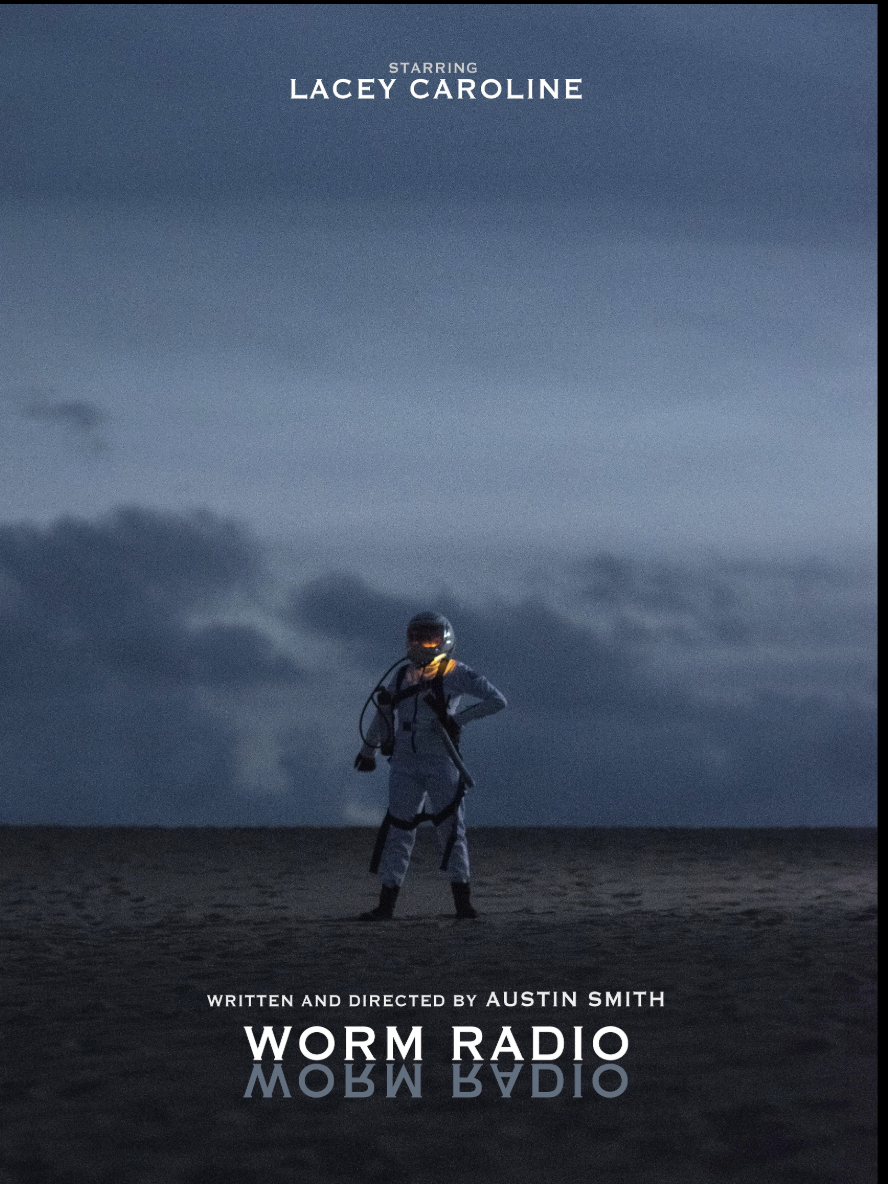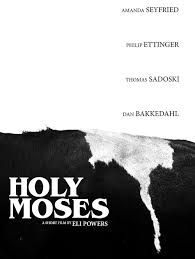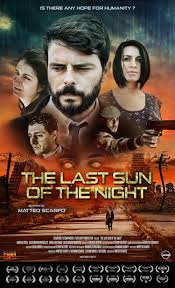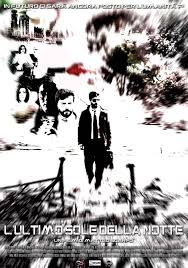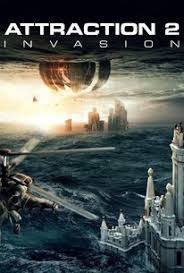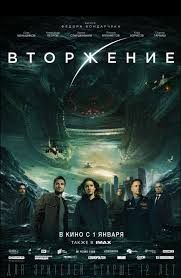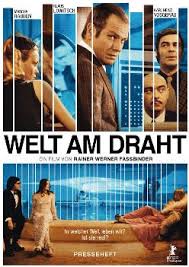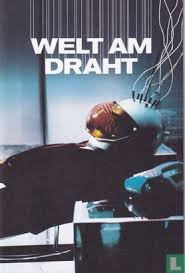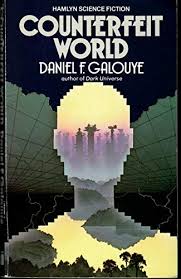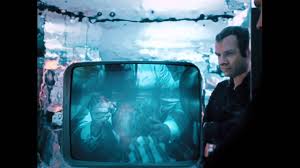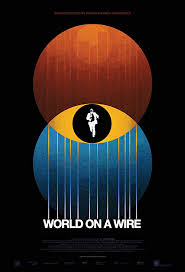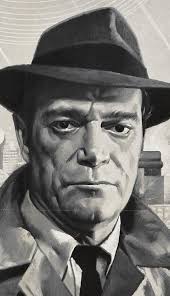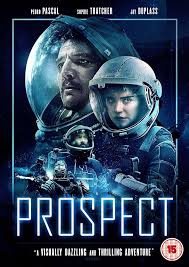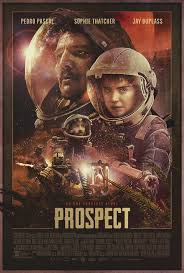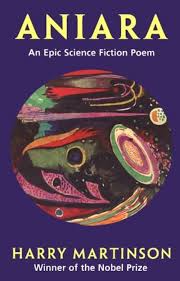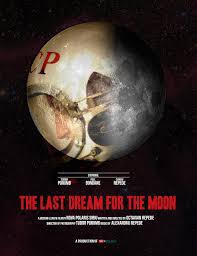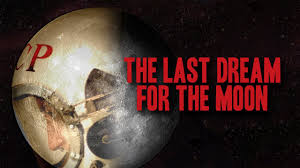Welt am Draht (1972) World on a Wire
IMDb meta-data is a runtime for two episodes of 1h 45m each, rated 7.7 by 7,100 cineastes.
Genre: SyFy.
DNA: West Germany.
Verdict: Prophetic.
Tagline: Unique.
At a reception sponsored by a state research institute Hero, while casually talking to an old acquaintance, turns his head to follow the progress of an elegant woman across the room, and when he turns back an instant later Acquaintance is gone in mid-sentence. Poof! Nowhere to be seen in the crowded room. Moreover, when Hero asks others about Acquaintance no one else admits to seeing him and others deny he exists. There is no one by that name in the institute or on the guest list. Worse, later he cannot find any record of any kind of his existence. He has become a man who never was.
The institute has created and runs an elaborate social simulation in lifelike virtual reality transmitted onto screens throughout the room. Its purpose is to model and assess the impact and consequences of social practices, programs, procedures, and policies. A few diehard SyFyians will have realised that the source is Neo’s favourite novel by Daniel Galouye Simulacron 3 (1964). In it one of the practices modelled is the banning of cigarette smoking. As an echo of that, smoking is much in evidence in this film.
The simulated world is complete in every detail and its Sim inhabitants think that they are living beings, with the exception of a few spies from the Institute who monitor, evaluate, and report upward. Ours is the upper world. So we think. Beware hubris!
Hero pursues the acquaintance who was and then wasn’t there down into the simulated world and learns…. Quite a lot. As always, Plato got there first as admitted by Hero. It is not often that Plato is mentioned in mass market entertainment.
It is a marvellous example of cinema, creating two worlds on a paltry budget. That is accomplished on, let us say, our surface world through the use of mirrors and glass in and through which images are fractured, reflected, reversed, all of which confuses the original with its images. The simulated world is shown mostly via flickering greyscale video on TV monitors, except when upper characters pass through the membrane of virtual reality to visit the Sims via headsets.
Did Neo ever see this? Bet he did.
It is far too long, and does seem to go round in circles at times, but well so be it. Consider that to be the scenic route. It certainly showcases its prescience about technology and its integration into society, though not the miniaturisation of electronics. The computers involved in this story are monumental.
Speaking of smoking, who can forget Hero lighting his cigarette using a Bic from a woman? See it to believe it. Those troubled by A.I. today had better not watch this film. Indeed, since 1972 it has seldom been seen. I saw it at a foreign film night screening in Montréal in my grad student days with some pals, and found it, well, strange. Then it disappeared. Only in the last decade has it been retrieved, remastered, and released. That is all to the good, but the subtitles were in such a small font I could not always read them in my home. My efforts to adjust the size failed.
It is of its time and place with heavy-handed sexism, and much masculine smoking and drinking. It also shows the director’s preoccupations. While the teutonic atmosphere is emphasised, it was in fact filmed in Paris, where the production costs at the time were much lower. There he meets Lemmy Caution!
It was one of the innumerable projects of that live-fast, die-young and leave an enormous body of work enfant terrible Rainer Fassbinder (1945-1982). I also watched the Making of video on the DVD to learn more about Fassbinder. What a prodigy.
Thinking about all this brought to mind an Outer Limits episode, Demon with a Glass Hand (1964), which I will try to locate.


